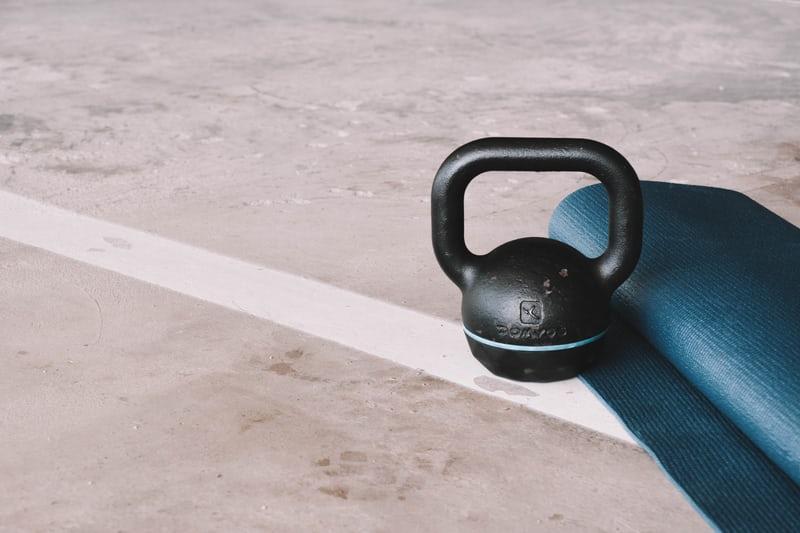Exercise is one of the pillars of a healthy lifestyle. Its positive impact has been explored by researchers across the world and evidence continues to mount that it has a widespread impact on our wellbeing. Evidence continues to grow that there are academic benefits of physical activity that should be explored.
Brain Cell Development
The brain is more effective when it’s challenged. Aerobic exercise stimulates neurogenesis, which is the development of new cells in the brain. Research in mice has found that not only does the growth of new cells happen in the hippocampus but new connective pathways are created as well, which promotes faster learning. In theory, translating this finding to humans suggests that the academic benefits of physical activity includes stronger brain cell development.
Creative Problem Solving
Noted minds like Steve Jobs and Mark Zuckerburg used walking meetings to boost their creativity and problem solving. During movement, the subconscious mind is given the ability to think freely, which often leads to “aha” moments of inspiration. For a college student, the academic benefits of physical activity like walking leads to the ability to tackle difficult school work more effectively.
Mood enhancement
Exercise has long been recognized for its ability to enhance mood. In fact, exercise can be as effective as medication for reducing depression for non-severe cases. When depression sets in, it becomes increasingly difficult to sleep, socialize, or concentrate on academic work. The benefits of regular, sustained, low-intensity exercise over time include improved mood and academic performance.
Stress relief
High levels of stress and anxiety are regularly reported by college students. Sedentary behavior spiked dramatically with the onset of COVID-19 in March and so too did self-reported depression and anxiety. Exercise helps reduce anxiety and improves sleep. With lower stress levels and high quality sleep, the academic benefits of physical activity are observed with better focus and attention in and out of the classroom.
Memory recall
According to a recent study, students who were highly active during the week and the day before a test performed better on an attention test. Physical activity was positively correlated with improved memory recall and attention and negatively correlated with those who were not physically active. Traditionally, the hippocampus shrinks over time, but with regular physical activity this is prevented and, in some cases, new growth occurs. The inference is that another academic benefit of physical activity is the ability of students to perform better on tests that demand recall.
Prevents weight gain
Fear of the “freshman 15” is often a front-of-mind concern for incoming college students. Many believe that weight gain is an inevitability. While regular exercise is not exclusively responsible for weight loss, it is an effective way to maintain and prevent weight gain. At a healthy weight, cognitive function, energy levels, and brain cell development is optimized. The academic benefits of physical activity are noted by research that suggests that a healthy body weight and academic performance are positively correlated.
Research around the academic benefits of physical activity in children is prevalent while research for the college student population is less available. Much of what is known at large about the benefits of physical activity can be applied to university students, however, with exercise continuing to be an important part of a healthy lifestyle.



